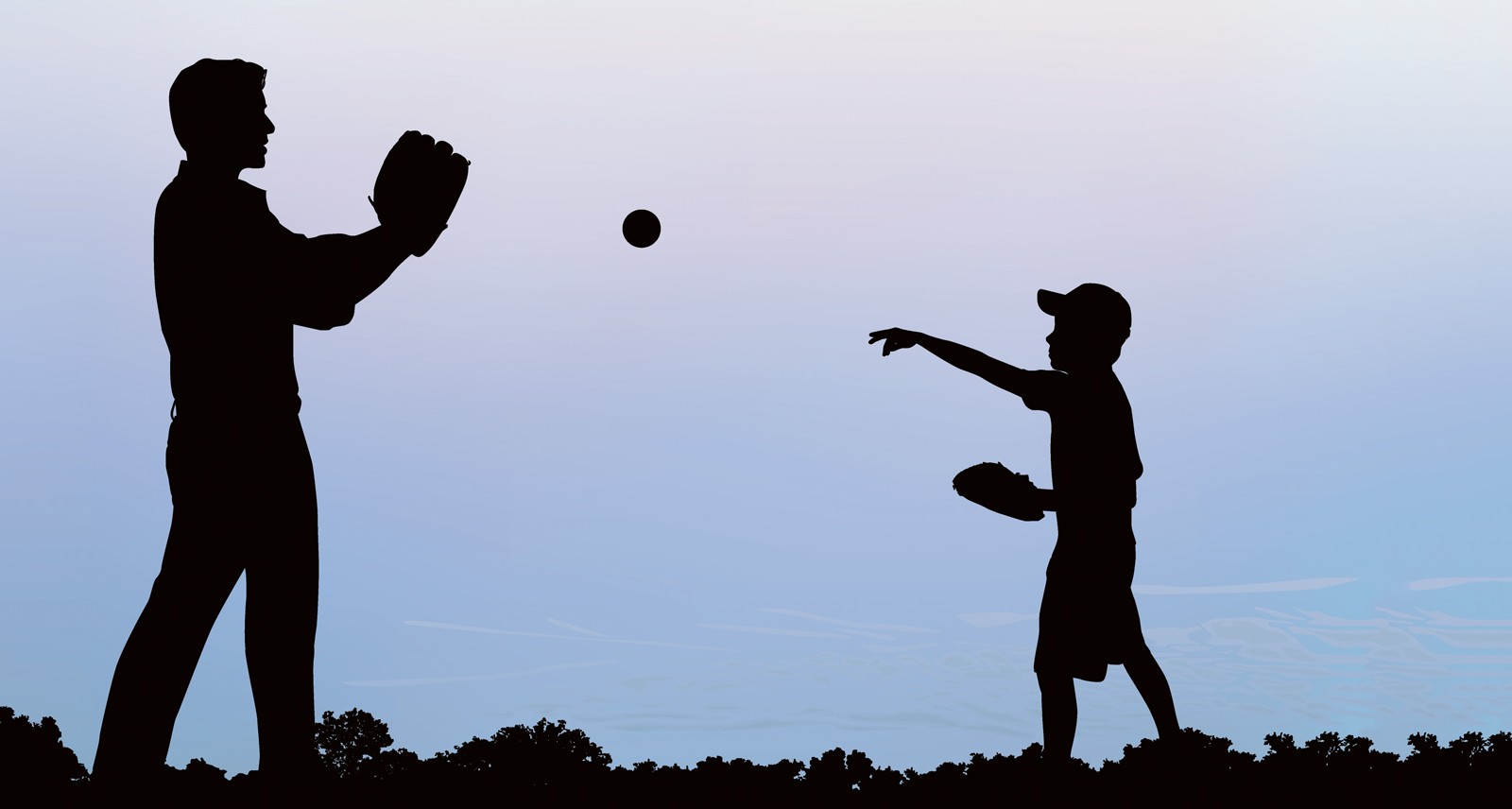
Unless you count the Hillsboro Hops and the Portland Pickles (which you should, because they are both lovely teams), ever since the Triple-A Beavers fled to Tucson in 2010, those of us in Portland proper are forced to get our fix of professional baseball through the television. It is amazing, in the instantaneous world of commerce and communication, that baseball, somehow, still manages to capture the imagination of a wide variety of sports fans. Who could possibly think to watch an entire baseball game on television, in this day and age?
Well, TiVo helps.
This year’s World Series involved the longest game in postseason history: Game 3—the only game the Dodgers won, 3-2, after 18 innings. I fell asleep in the 12th inning, but what a heartbreak for Red Sox nation. Surely the momentum of the Series would swing after this marathon. The game lasted 7 hours and 20 minutes, beginning at 8:09 pm Eastern Time, ending at 3:29 am.
Luckily for Boston, the game was on a Friday night, so fewer work day were ruined, even if thousands of youth soccer games around New England were canceled Saturday morning for lack of participants because no child’s parents were awake enough to get their children to the field.
Of course, as we all know, the Red Sox went on to win their fourth title in fifteen years, in not very dramatic fashion. One might think this recent string of success embodies the pendulum swinging the other way after the pitfalls and heartbreak the Red Sox endured during the 86-year curse. I’m no fan of the Red Sox, but it’s been fascinating to watch these intermittently stellar teams win the title each time they’ve made it to the World Series, in astonishingly dominant fashion (2004: 4-0 over the Cardinals; 2007: 4-0 Rockies; 2013: 4-2 Cardinals; 2018 4-1 Dodgers).
While I didn’t make it through the marathon game itself, I enjoyed reading about it so much the next morning (especially the errors by each team in the top and bottom of the 13th inning, allowing each team to score a singular run, and the game to continue), that it inspired me to revisit my favorite book ever written about the timeless elements of baseball that are, simultaneously, alienating for so many fans, and the ultimate draw for others.
Baseball is the only game that could, theoretically, never end. Or at least the most likely game where that could ever occur (it’s impossible to imagine basketball or college football ever reaching ten overtimes, for instance (despite the epic six-overtime game between Syracuse and Uconn at Madison Square Garden in 2009)).
Dan Barry’s Bottom of the 33rd: Hope, Redemption, and Baseball’s Longest Game, published in 2011 (Harper Perennial), recounts the longest game in organized baseball history, played April 18, 1981 in Pawtucket, Rhode Island between the Pawtucket Red Sox and the Rochester Red Wings.
The game lasted, as the title indicates, 33 innings, and it may have gone on longer had the officials not suspended the game after 32 innings, at 4:09am on Easter Sunday, after 8 hours and seven minutes of play. Two months later on June 23rd (the next time the Red Wings were visiting Pawtucket), the game resumed, taking only 18 minutes to mercifully complete, with the Pawtucket Red Sox victorious by the score of 3-2 (fascinatingly, the same score of the 18-inning World Series game just last week).
While the thought of reading an entire book about a single game may sound mundane, Barry’s genius lies in turning the book into a sociological study of a time and place, and an anthropological study of the people involved, in various facets, of the drama. It felt like I had visited Pawtucket after reading this book and had come to an understanding of the blue collar nature of the town that enamors it to its Triple-A franchise.
Barry gives fans, players, owners, announcers and umpires equal attention, and the picture he paints becomes, truly, a historical study.
What drives people to endure long into the freezing New England night? Why is baseball the perfect foil to examine American heartache? When are we forced to give up on our dreams?
These questions and others emerge and rescind into the fabric, much like the drama of the interminable game itself that Barry, somehow, manages to fill with suspense. Likewise, there are so many unusual tidbits and facts surrounding the circumstances of the game that Barry brings to light to keep his readers entertained, not least of which being Cal Ripken, Jr. and Wade Boggs’ respective participation in the contest, before the onset of their Hall of Fame careers.
It’s no surprise that this book hits a home run, given Barry’s long time status as reporter and regular columnist for The New York Times. But it’s a joy to see him take his investigative talents to the playing field. Sports books are rarely this thoughtful or well-researched. The athletes’ lives Barry traces are rarely this symbolic.
The Red Sox franchise has now been involved in both the longest postseason game ever played, and the longest regular season game ever played, at the major league and Triple-A level, respectively. One wonders, are these two interminable games somehow related to the curse that is clearly no longer a curse? Have the Red Sox simply been paying it forward all this time?
Writing this column in Portland, Oregon, where there remains no professional baseball team (despite the talk around acquiring, or founding, a team nearly every year) one wonders how long we will have to wait.
Waiting: one of the central aspects of the national pastime that Barry profoundly contemplates—both within the game, and with everything that surrounds it.
Each year we wait for spring. We wait for the catcher’s signs. We wait in right field for our one chance. We wait 33 innings because we couldn’t possibly leave, once we have waited this long.
Clearly we are waiting, simply, for the opportunity to wait.




